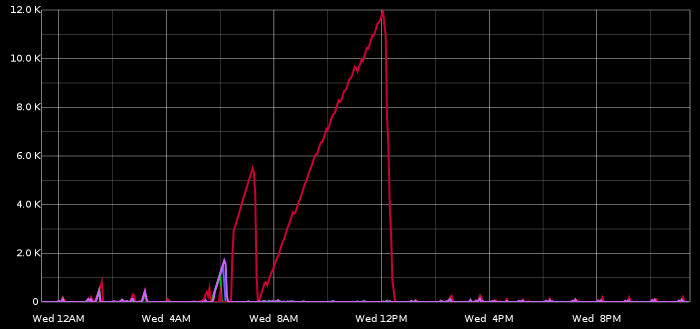During our experiments I came upon a few TokuDB variables of interest; if you are using TokuDB you might want to look into these:
-
tokudb_analyze_time
This is a boundary on the number of seconds an ANALYZE TABLE will operate on each index on each partition on a TokuDB table.
That is, if tokudb_analyze_time = 5, and your table has 4 indexes (including PRIMARY) and 7 partitions, then the total runtime is limited to 5*4*7 = 140 seconds.
Default in 7.1.0: 5 seconds
-
tokudb_cache_size
Similar to innodb_buffer_pool_size, this variable sets the amount of memory allocated by TokuDB for caching pages. Like InnoDB the table is clustered within the index, so the cache includes pages for both indexes and data.
Default: 50% of total memory
-
tokudb_directio
Boolean, values are 0/1. Setting tokudb_directio = 1 is like specifying innodb_flush_method = O_DIRECT. Which in turn means the OS should not cache pages requested by TokuDB. Default: 0.
Now here’s the interesting part: we are used to tell InnoDB to get the most memory we can provide (because we want it to cache as much as it can) and to avoid OS caching (because that would mean a page would appear both in the buffer pool and in OS memory, which is a waste). So the following setup is common: Continue reading » “TokuDB configuration variables of interest”
